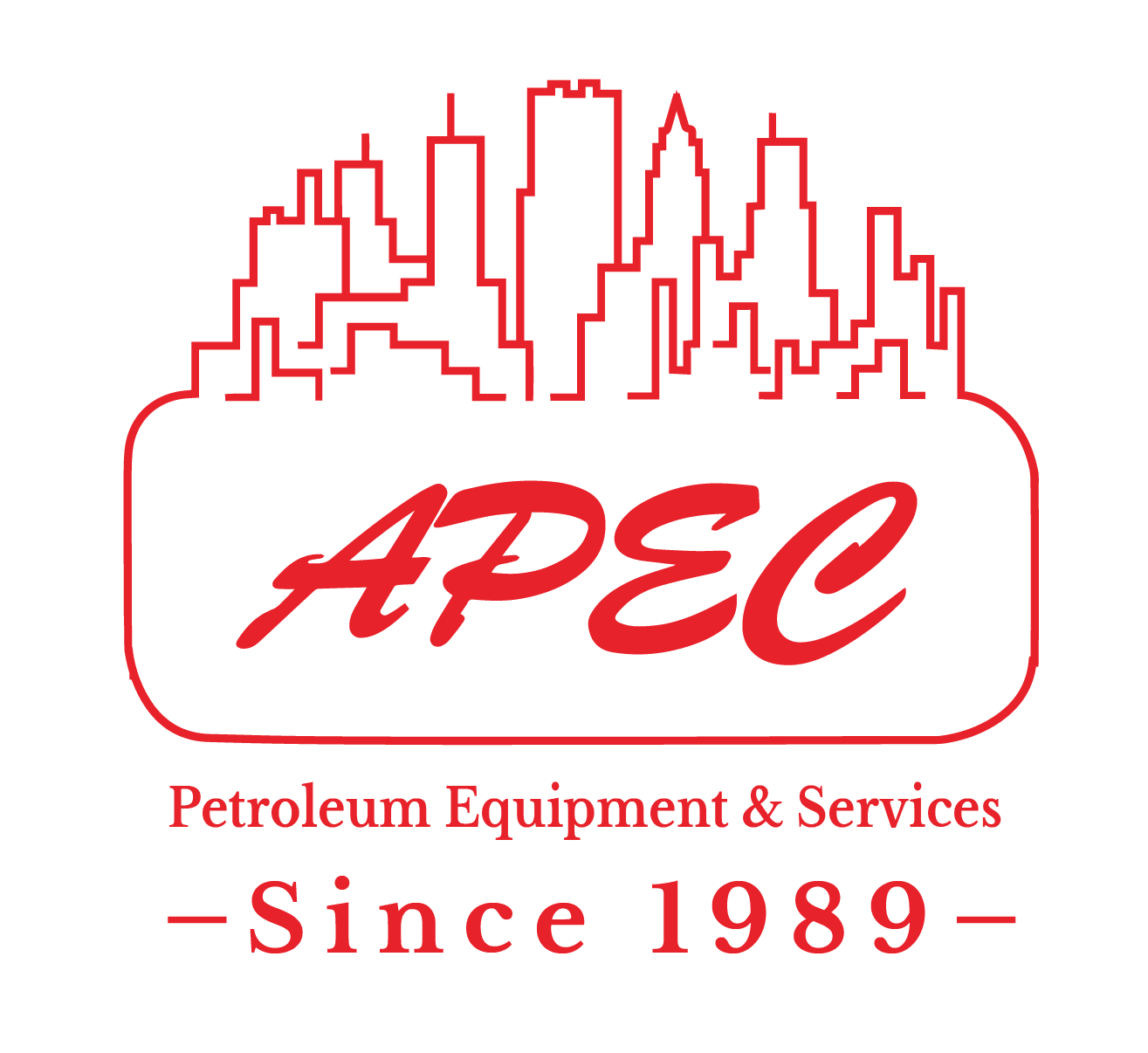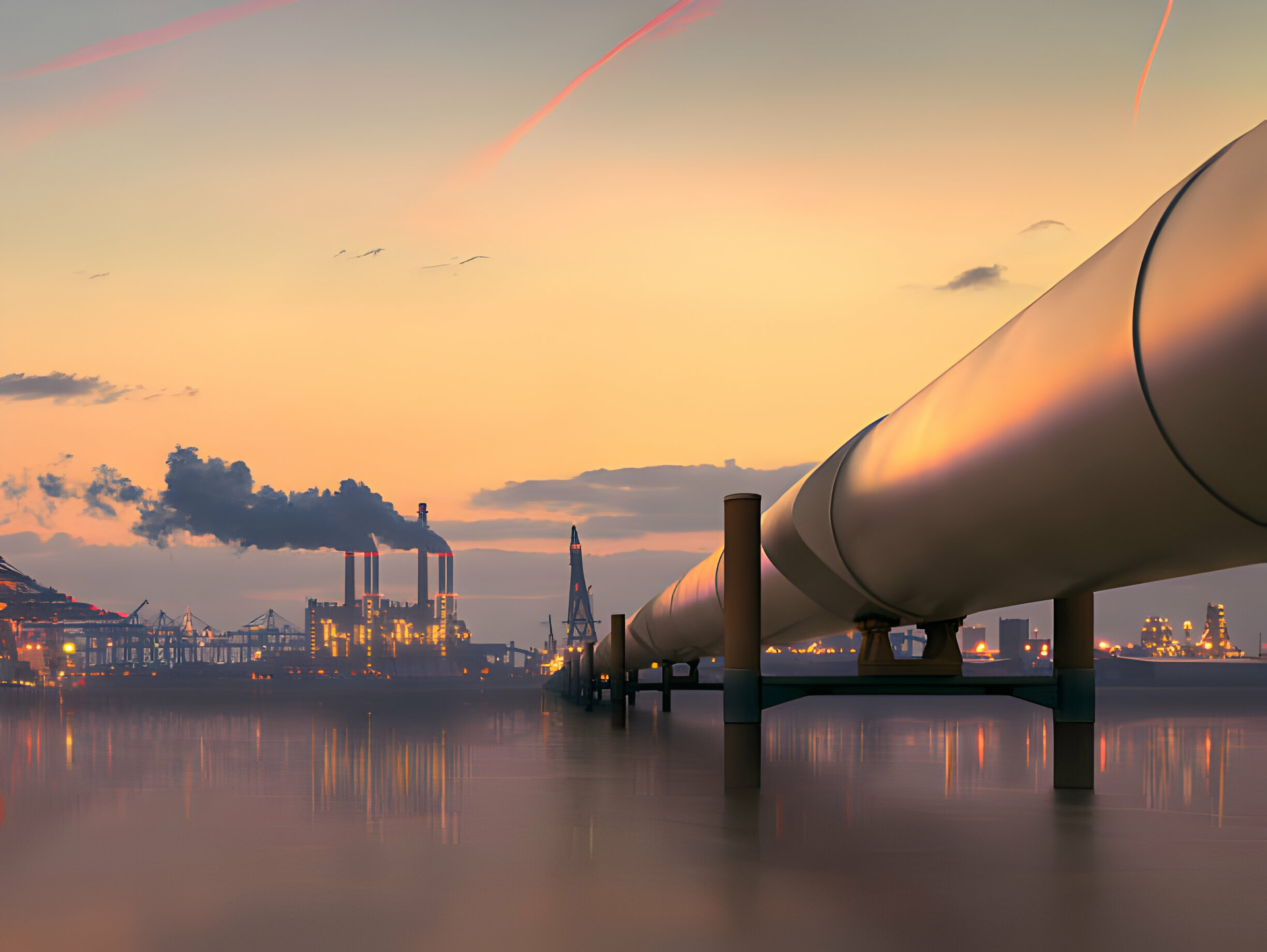Environmental Impact Of Petroleum
The petroleum industry is the largest industry in the world and the backbone of our economy. No doubt petroleum products make our lives easier, but on the other side, they cause potential environmental hazards. Releasing toxic substances increases health concerns for communities living near petroleum refineries. It’s important to take measures for safety of people and the environment.
Read this article to learn about the environmental effects of petroleum and how to minimise the environmental impact for a sustainable and greener environment.
APEC A Petroleum Equipment Company – Your Top Choice One-Stop Shop
Types of Environmental Damage from Petroleum
Here we discuss some types of environmental damage caused by petroleum:
Air and Water Pollution
Petroleum refineries are a great source of air and water pollution. During the extraction, refining and burning of petroleum products, various pollutants like nitrogen oxides (NOx), carbon monoxide (CO), hydrogen sulfide (H2S), and sulfur dioxide (SO2) are released into the environment and contaminate air and water. Some of these chemicals released in the air are responsible for developmental and reproductive problems and respiratory conditions.
Additionally, petroleum spills contaminate aquatic ecosystems and harm marine life.
Soil pollution
Accidental spills and leakage of petroleum during transportation also contaminate the soil. Soil contamination, including hazardous wastes, coke dust, tank bottoms, and sludges from the treatment processes, makes soil unsuitable for agriculture and poses risks to plants and organisms in the ecosystem. It’s important to prevent these spills and keep the soil safe and healthy.
Regulations to Reduce Environmental Damage from Petroleum
To mitigate the environmental damage from petroleum, various global and national regulations prioritise environmental protection and keep the planet clean. These regulations address issues such as air, water, and soil pollution, habitat destruction, climate change, etc.
Global organisations like the United Nations and regional bodies established guidelines to promote environmental protection in the petroleum industry.
Challenges faced during Enforcement of regulations
Enforcement can be challenging due to many factors, such as technological advancements, limited resources and the global nature of the petroleum industry. Collaborating between industry stakeholders and government agencies is the best way to implement regulations. Government agencies must continuously monitor, inspect and impose penalties and fees if regulations are not followed.
Best Practices to Minimize Environmental Damage from Petroleum
Here, we explore different sustainable practices that can be implemented to minimise environmental damage:
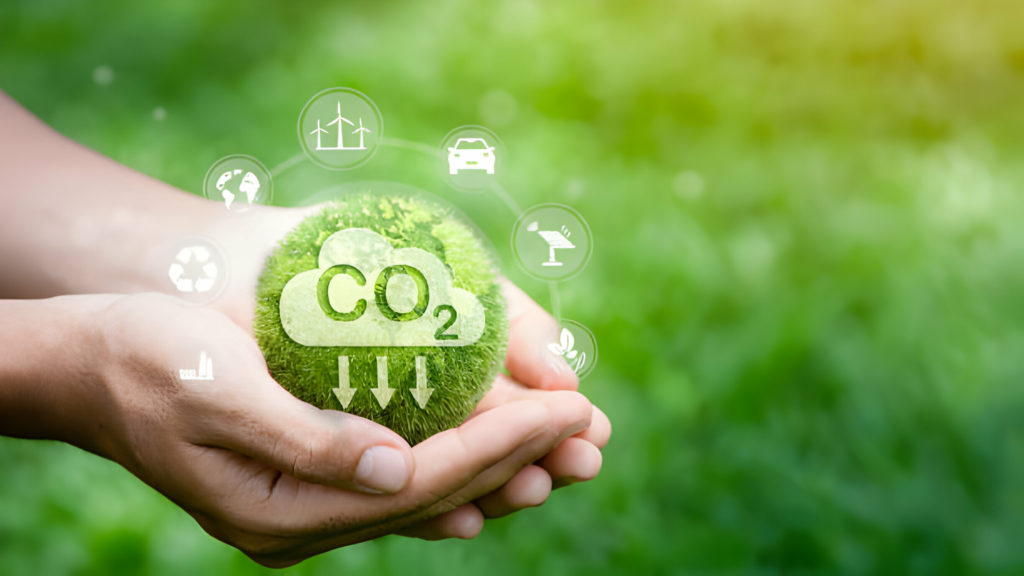
Emission Standard Regulations
Implement emission standard regulations that limit the amount of pollutants released into the air and help mitigate environmental damage.
Spill Prevention Methods
Spill prevention is crucial in the petroleum industry to minimise the environmental damage caused by spills. Companies should conduct regular inspections, train their staff and mitigate spills.
Waste Management
Waste management is an important aspect to ensure environmental protection and sustainability. Implementing a waste management plan such as proper handling, storing, and disposing of various types of waste during petroleum operations can minimise the environmental impact
Generate Renewable Energy
Generating Renewable energy through solar, wind, geothermal, and hydropower to produce electricity for the operations. It decreases greenhouse gas emissions and minimises environmental damage.
Technologies for Reducing Environmental Damage from Petroleum
In recent years, technology has played an important role in reducing environmental damage caused by petroleum. Here are the technologies used to reduce environmental damage and make the planet greener.
Advanced Drilling Techniques
Advanced drilling techniques and equipment, such as directional drilling, hydraulic fracturing and managed pressure drilling, have enabled petroleum extraction from previously inaccessible reserves while minimising surface disturbance and reducing the need for additional drilling sites.
Sensors and Monitoring Technologies
Using sensors and monitoring technologies in the petroleum industry helps detect leakage and spills and allows for an immediate response that mitigates environmental damage.
Vapour Recovery Technology
Use vapour recovery technology that captures and controls the release of volatile compounds during petroleum storage and transportation. It captures the volatile compounds that minimise air pollution and potential health risks.
Sustainable Energy Alternatives to Petroleum
Sustainable energy alternatives to petroleum are important for many reasons. They help to address environmental concerns by reducing greenhouse gas emissions and protecting our environment from pollution.
Alternative energy sources
The sustainable energy alternatives are solar, wind, hydropower, geothermal, and biomass, which have lower environmental impact. These sources are naturally replenished and produce minimum greenhouse gas emissions during the operations.
These renewable energy sources produce clean energy, reduce pollutants and keep our environment greener and healthy.
